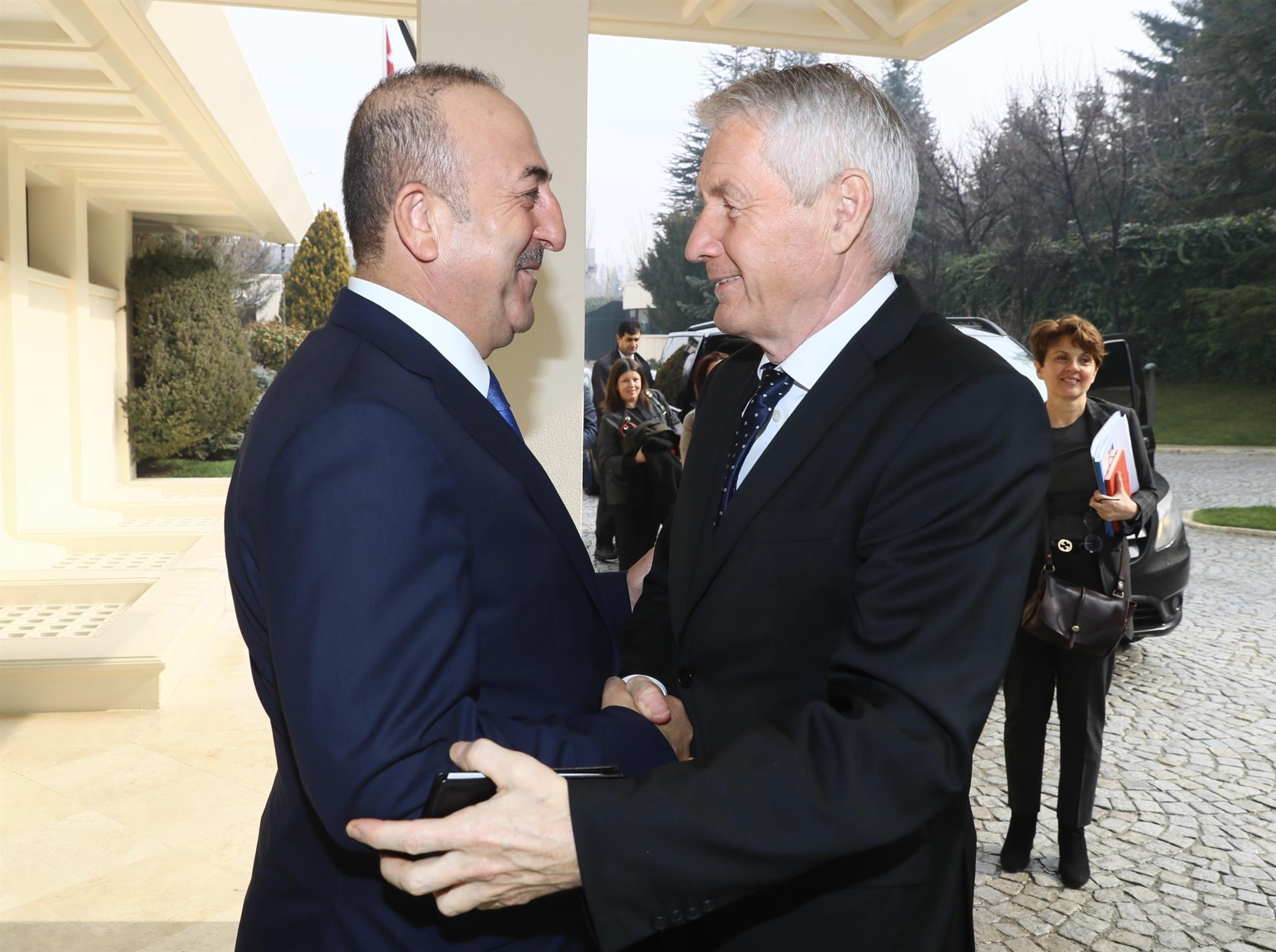Council of Europe warns Turkey of flood of appeals to ECHR over state of emergency measures
ANKARA

The Council of Europe (CoE) has voiced concerns about Turkey’s post-coup attempt state of emergency measures, which have generated a flood of appeals to the European Court of Human Rights (ECHR).
The European body, led by Secretary General Thorbjrn Jagland, made the comments amid meetings held with nine Turkish leaders on Feb. 15 in Turkey’s capital Ankara.
After meeting with Parliamentary Speaker İsmail Kahraman, Jagland said he had raised “a few points of problems or difficulties in relations,” and pledged the continuance of cooperation between the CoE and Turkey.
Jagland also warned that Turkey risks further appeals to the European Court of Human Rights (ECHR) if it does not enact an effective domestic legal remedy for those dismissed or detained under state of emergency measures.
“Turkey risks thousands more human rights appeals to the Strasbourg court if the ECHR sees no effective domestic legal remedy for the thousands of dismissed and detained citizens during the state of emergency,” Jagland’s spokeperson Daniel Holtgen said via his Twitter account on Feb. 15, during the Council of Europe’s head visit to Turkey.
In Jagland’s Feb. 15 visit to Ankara, he met with President Recep Tayyip Erdoğan, Foreign Minister Mevlüt Çavuşoğlu, Justice Minister Abdülhamit Gül, European Affairs Minister Ömer Çelik, Constitutional Court head Zühtü Arslan and Parliament Speaker İsmail Kahraman. He was scheduled also to meet with members of opposition parties and civil society.
In a statement posted on Twitter, Çavuşoğlu said they had discussed the fight against terrorism and a common agenda between Turkey and the CoE.
“[We] stressed the importance of Turkey’s fight against terrorist organizations, reiterated our expectations of the Council of Europe and its members, and discussed the Turkey-CoE common agenda at our meeting with Secretary General Jagland,” Çavuşoğlu said.
In 2016 the Council of Europe recommended that Turkey establish a commission to oversee emergency decrees and to address the grievances of people complaining about the decrees.
In January, the Turkish government formed the State of Emergency Procedures Investigation Commission to evaluate appeals filed by people affected by the decrees.
However, the commission has moved very slowly amid thousands of complaints about removals or dismissals from civil servants, educational institutions, closed associations, foundations, trade unions, federations, private health institutions, higher education institutions, privately owned radio and TV stations, newspapers, magazines, news agencies, publishing houses and distributors. The commission has so far only responded to a small number of applications, reinstating some of the applicants and rejecting others.
Concerns have also risen about the authority of the Constitutional Court in Turkey, after controversial recent cases in which lower courts refused to apply rulings issued by the country’s top court.
















